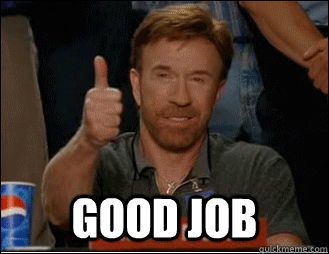Accidentally on purpose
When you are making a movie, you want to feel like you can take it in any direction, you can experiment. As long as it in the end feels like this is what it's meant to be and has some authority. – Wes Anderson
Sometimes it feels like building products and being a product manager are just.. a series of gambles. You try to be well informed by data and research, you make educated guesses: you're hoping it all comes together.
You should of course build things in a way that is backed by the aforementioned data and research, but the factors that influence those decisions as you're building don't always align with the way that your audience thinks about it when you're marketing and selling.
You have to be able to continuously re-frame your product for the audience in a way that makes sense and has authority.
Sometimes that means building something else to tie it all together. Or addressing a more specific market segment than you'd planned, because it tells a more compelling story.
Sometimes it means not talking about things you've built that dilute that story. This can be hardest of all, because if we've spent time building it - it feels like we should spend time talking about it. Just because it's useful, doesn't mean it's part of the compelling story. People can discover it when they have a need for it.
I've experienced teams approaching product development in a vacuum - we have this objective, this commitment, this thing we need to do. We're going to focus on that, describe it, market it, educate our sales team about it, ship it. The best teams are taking a step back to figure out how this body of work fits into the bigger picture, the problem you're trying to solve; and make it feel like it's all intentional. It's harder - you might need to go and change other things, things other teams are responsible for - but it's important it's coherent and deliberate.
If you're shipping software: you've got an advantage over Wes Anderson. He can only release one movie. You can ship a feature or a product, but you can also re-purpose and re-launch things as many times as you want to best serve the story you're trying to tell. They're not stone pillars once they're in front of users.
A bad story results in shipping something that's worth less than the sum of its parts. Good storytelling and good framing is how you ship something that's worth substantially more.


